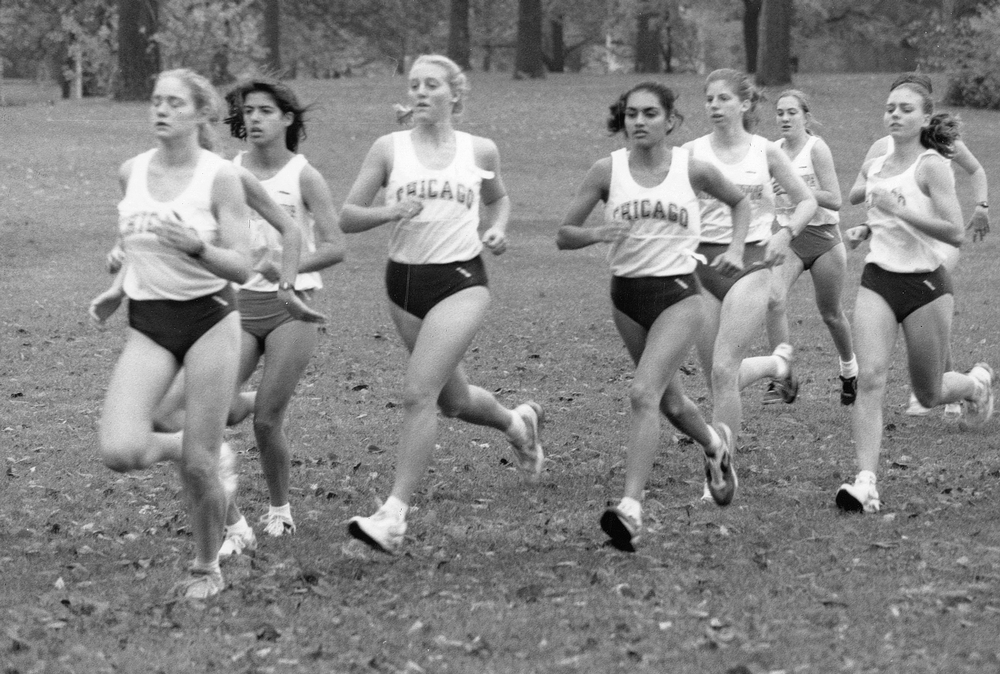Eight years ago there was no doubt that the Italians had the best league in Europe. Serie A boasted five or six clubs which, between them, virtually dominated European-level competitions. AC Milan ruled over Europe with an iron fist, and, when its power eventually waned, Juventus soon took over as Europe?s premier club. Nowadays, few would doubt that Spain?s Primera Liga is the gold standard, but the title of ?best-of-the-rest? is fiercely contested by Serie A and the English Premiership. It is a contest unlikely to be settled soon.
Serie A?s relative decline was partially fueled by the near-sighted arrogance of Italian clubs in the latter half of the ?90s. Years of continental domination distorted the perspective of the Italian clubs, who began to feel that winning the Italian championship was more notable than winning at the European level. While this attitude was likely justified for the UEFA Cup or the Cup-Winners? Cup, the case of the Champions? League was an entirely different matter. Inter, Juventus, AC Milan, and others began to field weakened teams in European competitions in a single-minded obsession with winning the Scudetto. In 1999, Lazio scooped the last Cup-Winners? Cup while Parma cruised to the UEFA Cup, but Manchester United?s elimination of both Inter and Juventus en route to the Champions? League heralded the return of English clubs to Europe?s elite. Arsenal and Liverpool went on to reach successive UEFA Cup finals, sweeping aside Italian resistance, while Manchester United vied with Bayern Munich and Real Madrid for a series of Champions? Leagues marked by the absence of Italian clubs in the knock-out stages.
The rise of English clubs, on the other hand, was fueled principally by Sky TV?s millions of dollars of investment. After Euro ?96 in England, English clubs began to successfully attract some of Europe?s finest rising talents with the lure of large attendances and wages to match. Chelsea and Leeds then followed the leads of Arsenal, Liverpool, and Manchester United with impressive runs in Europe. The likes of Dennis Bergkamp and Eric Cantona were now plying their trade in a Premier League that looked a class apart from the old Division One, and the arrival of several foreign coaches led to a siphoning of some of Serie A?s best players, such as Ruud Gullit, Marcel Desailly, and Gianluca Vialli. This season aside, England?s top clubs were consistently faring better than and defeating their Italian counterparts in Europe. Was this the beginning of the end for Serie A?
Not quite. Throughout their respective rise and decline, the Premier League and Serie A projected two different images to the rest of the soccer world: the finest established players, with the exception of those who made their name in the Premier League, almost always preferred to play in Serie A. Zinedine Zidane, Rivaldo, Ronaldo, and Roberto Baggio are just a few of the stars that chose the Italian aristocracy. Even though English clubs were doing well in Europe, there was still a conception that the standard of play was higher in Italy. Most Italian converts frequently touted the league?s superior defense and tactical acumen. By the end of 2002, following an atrocious World Cup for the Italian national team, such a view was no longer tenable. Yet just as superstars such as Pavel Nedved and Juan-Sebastian Veron were beginning to waver, the Italian clubs roared back with all guns blazing. With no fewer than three clubs in the last eight of this season?s Champions? League, Italian clubs seem to have finally gotten over the self-delusion that blighted their campaigns of the last four years. With Arsenal and Liverpool stumbling early on, Serie A is apparently back on top.
One should not, however, be too hasty. Just as the top Italian clubs seemingly exhibit more world-class performers than the cream of England, the Premier League?s basement shows the opposite. Few could recognize even one player in the line-ups of newly promoted Como and Modena, while Manchester City, Birmingham City, and Bolton Wanderers boast the likes of Nicolas Anelka, Chrisophe Dugarry, and Jay-Jay Okacha. Unfortunately, these teams never play each other, which makes it difficult to truly evaluate their relative standards, but the difference in quality on paper remains stark.
No matter which of the two leagues is ultimately superior, Spanish Clubs, led by Real Madrid, are still the ones to beat. And, with the prospect of an all-Portuguese UEFA Cup final on the horizon, even they might be looking over their shoulders.









